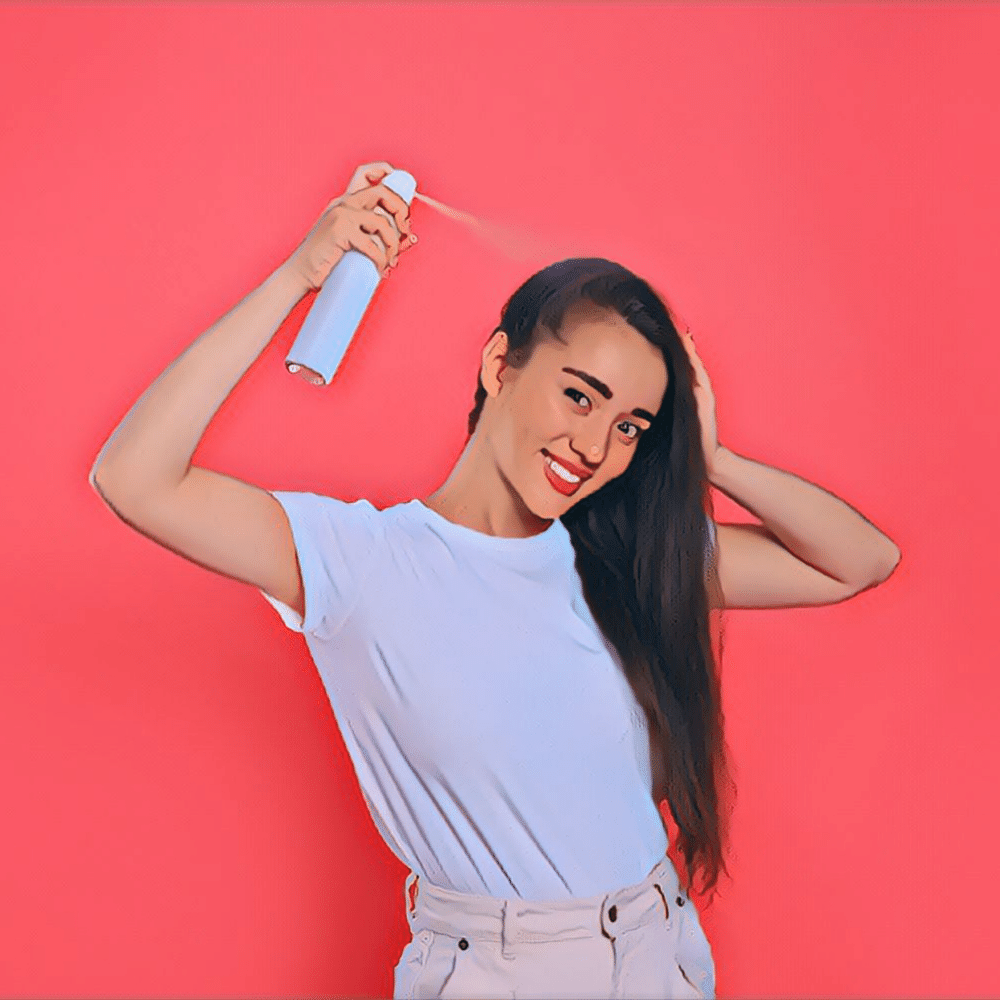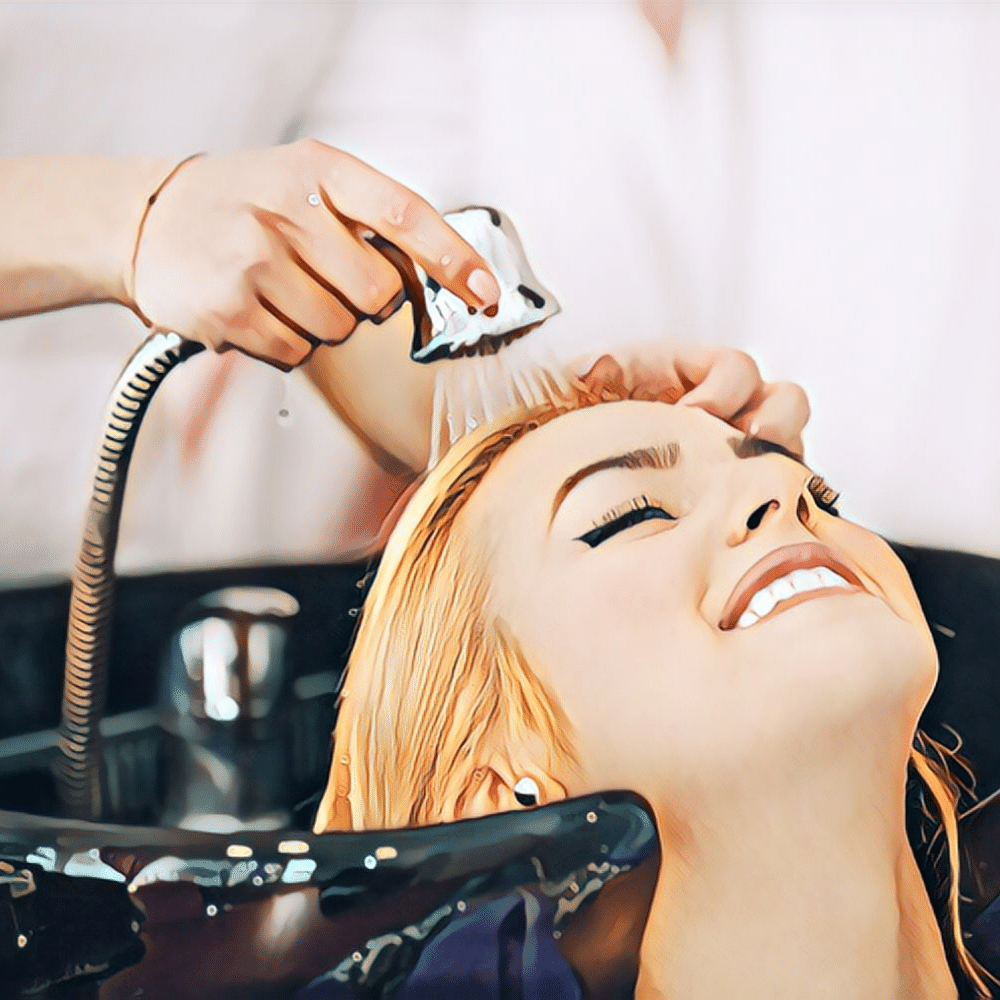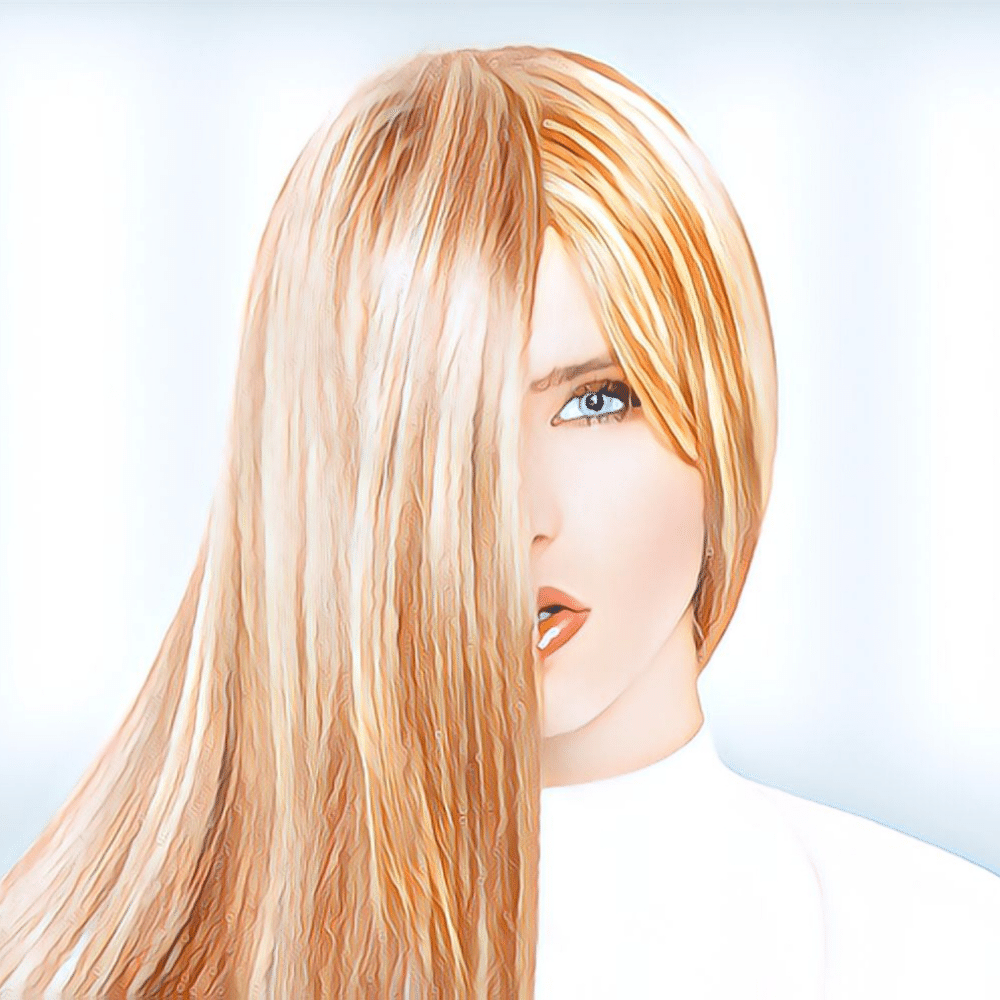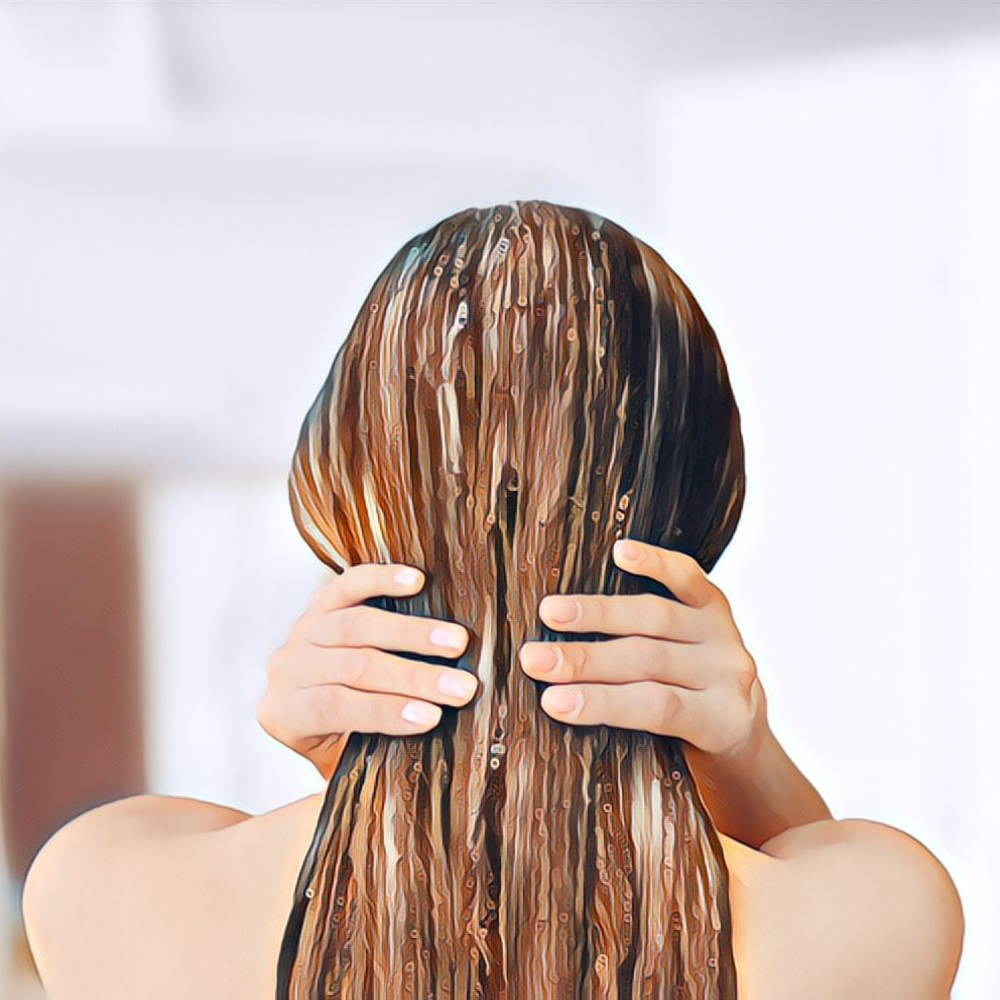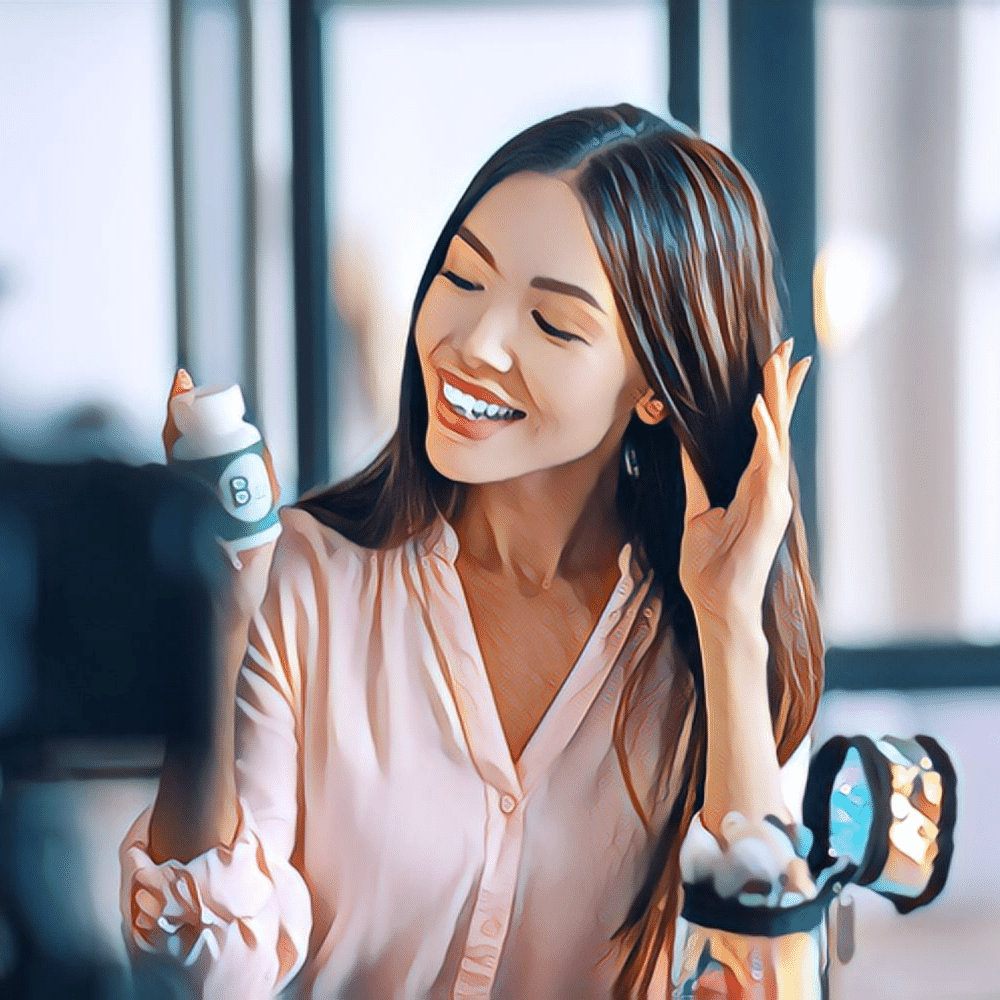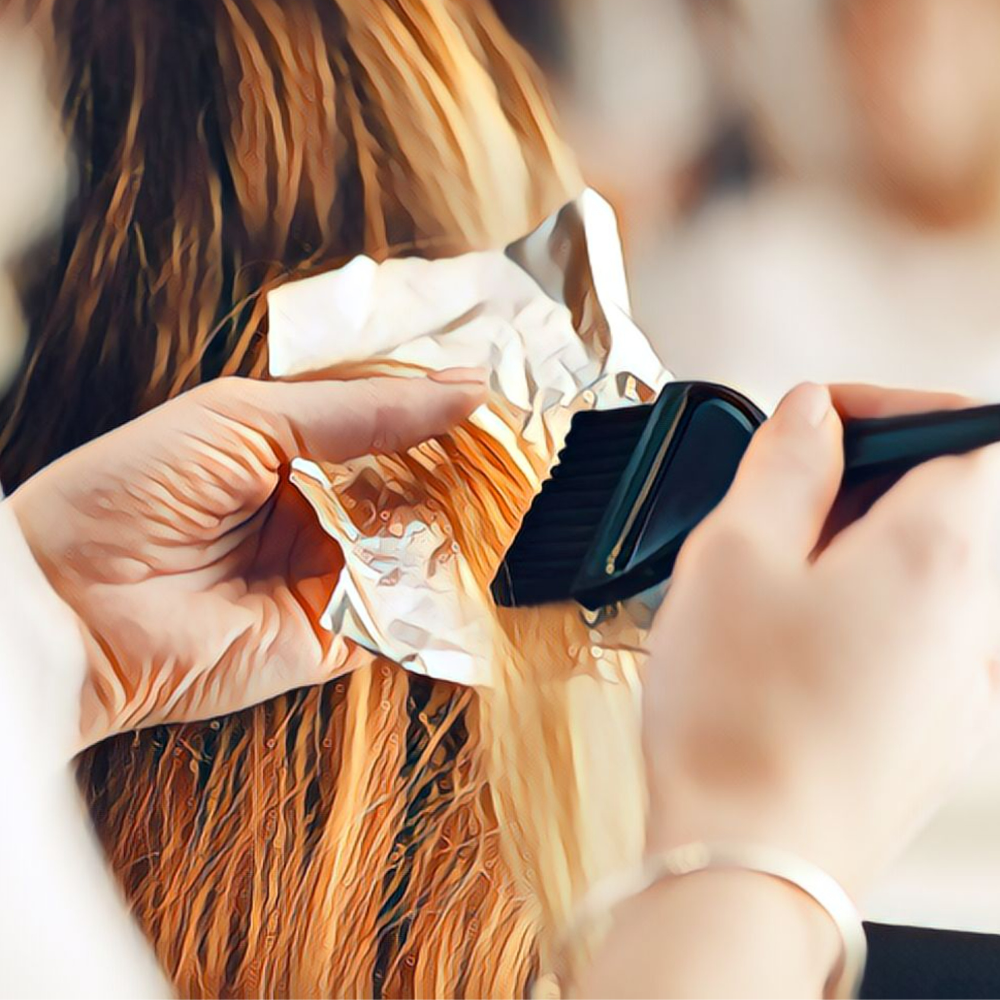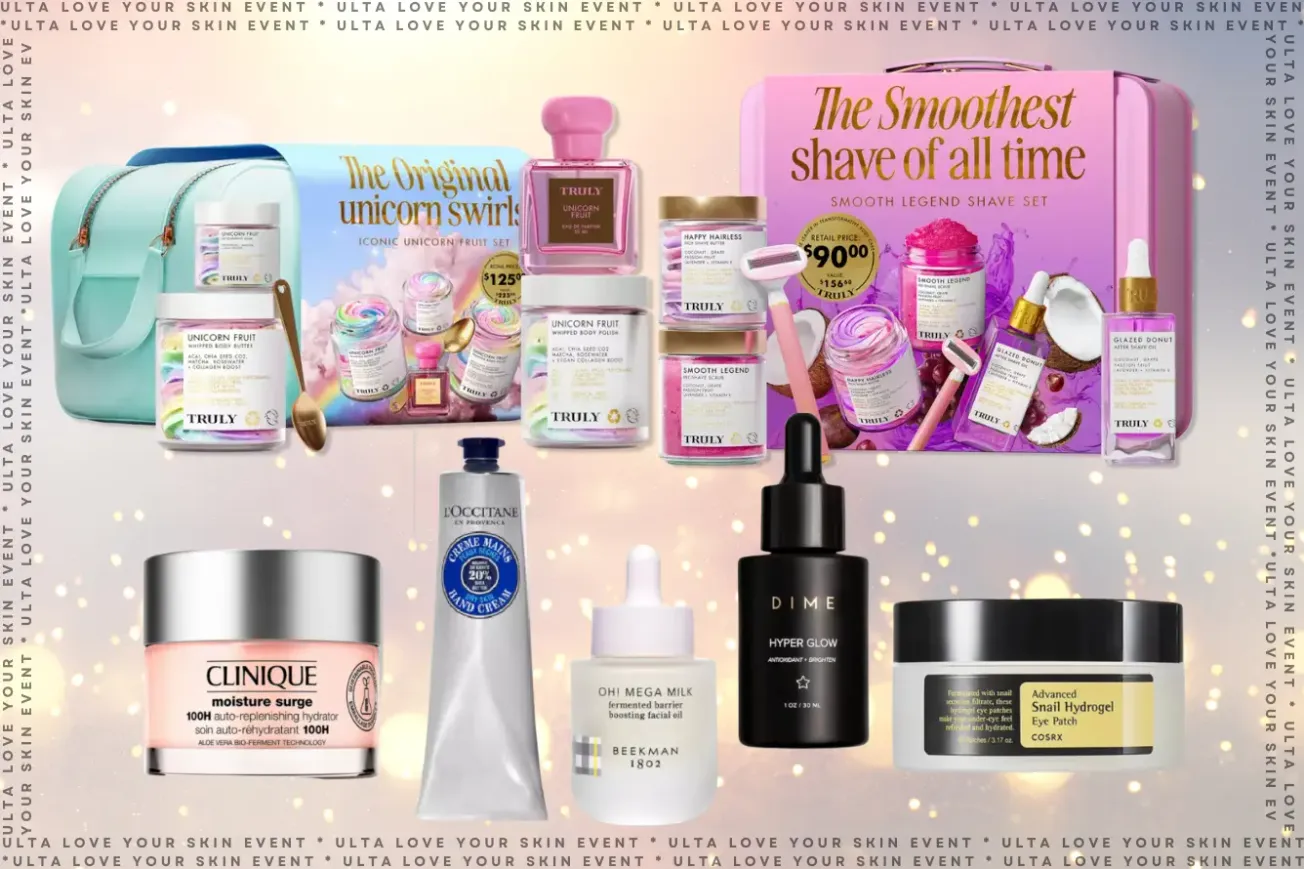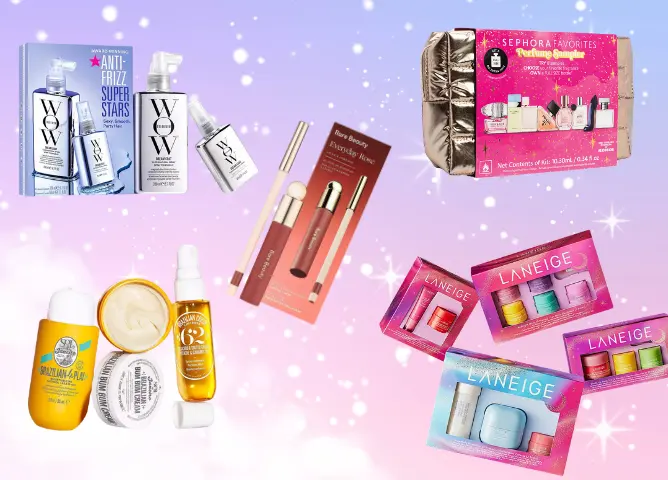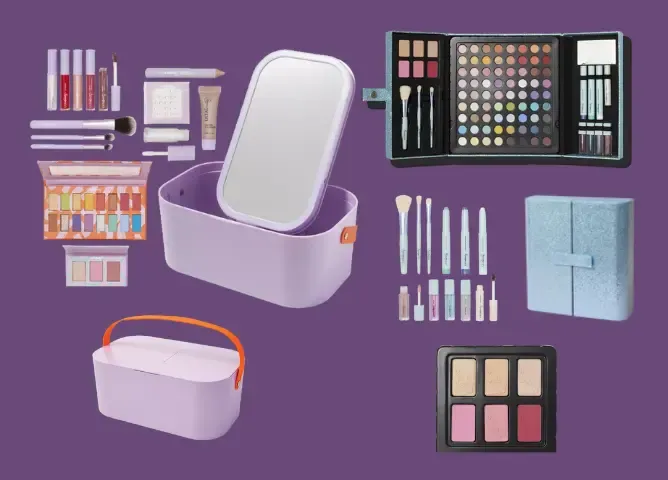In This Article
This post may contain affiliate links, please see our privacy policy for details.
Now, I know what you're thinking. "Shampoo is shampoo, right? How often do I need to worry about it?" And you would be right, most people don't think too much about shampoo. But trust me when I say that the frequency with which you shampoo your hair can make a big difference in the overall health of your locks. So how often should you be shampooing? Keep reading to find out!
Shampooing your hair too often can strip it of its natural oils, leading to dryness and frizziness
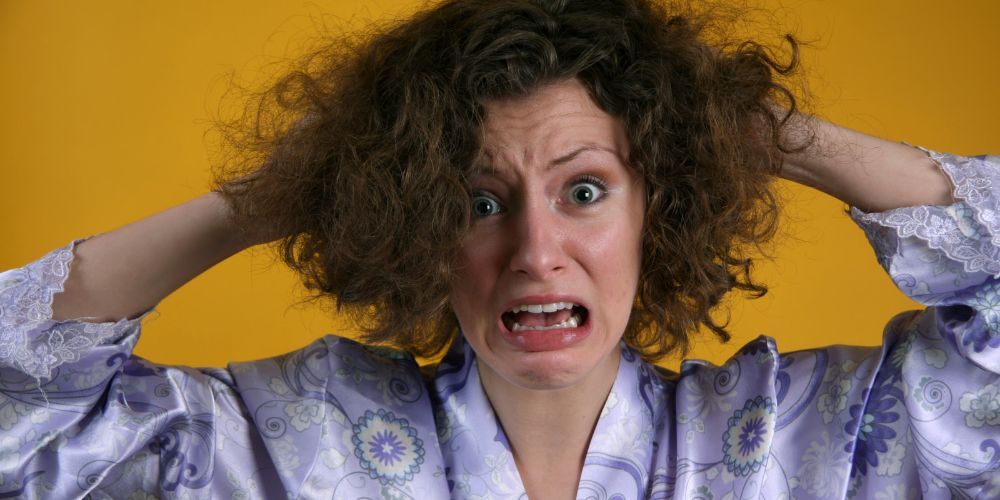
If you're like most people, you probably shampoo your hair every day. But did you know that this could actually be damaging your hair? When you shampoo, you remove not only dirt and grime but also the natural oils that protect your hair.
This can leave your hair feeling dry and brittle, and it's more likely to become frizzy. So how often should you shampoo? Experts recommend every other day or even every third day, depending on your hair type. And when you do shampoo, be sure to use a mild cleanser that won't strip away the natural oils. With a little care, you can keep your hair looking its best.
On the other hand, not shampooing enough can cause your scalp to become oily and your hair to look greasy
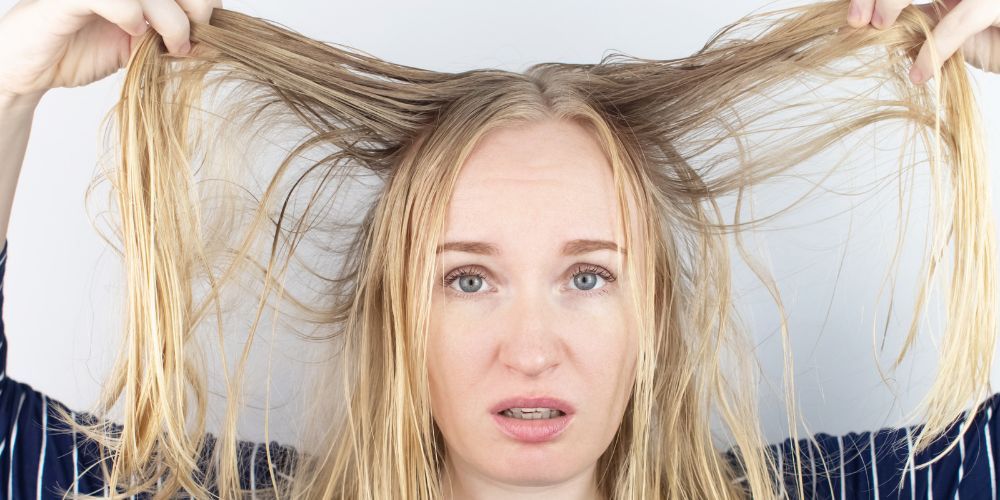
If you're like most people, you probably think of shampooing as a necessary evil. After all, who really wants to stand in the shower and lather up their hair? However, it's important to remember that shampoo serves an important purpose: cleansing your hair and scalp of dirt, oil, and product build-up. If you don't shampoo often enough, your scalp can become oily and your hair can look greasy. In addition, shampooing helps to stimulate blood flow to the scalp, which can promote hair growth. So next time you're standing in the shower debating whether or not to suds up, remember that it's actually good for you!
The best way to find out how often you should shampoo your hair is to experiment a little - try shampooing every other day for a week and see how your hair looks and feels
Anyone who has ever stood in the shampoo aisle at the drug store knows that there are a seemingly endless array of options to choose from. And, with all of those choices, it can be hard to know which one is right for you. The reality is that the best way to figure out how often to shampoo your hair is to experiment a little bit. Start by shampooing every other day for a week and see how your hair looks and feels. If it starts to feel greasy or heavy, then you may need to shampoo more often. On the other hand, if your hair starts to feel dry or brittle, then you may need to shampoo less frequently. The bottom line is that there is no one-size-fits-all answer when it comes to shampooing frequency - it all depends on your individual hair type. So, the next time you find yourself standing in the shampoo aisle, don't be afraid to experiment a little bit until you find a regimen that works for you.
If you have dry or damaged hair, you may need to shampoo more often than someone with healthy hair
Let's face it, we all want shiny, healthy hair. But sometimes, no matter how much we shampoo, our hair just doesn't seem to cooperate. If you find yourself in this situation, you may need to shampoo more often than someone with healthy hair. While it may seem counterintuitive, shampooing can actually help to restore moisture and improve the overall health of your hair. The key is to choose a shampoo that is designed for dry or damaged hair. These formulas are typically more nourishing and gentle than regular shampoos, and they can help to repair the cuticle and prevent split ends. So if your hair is feeling a little worse for wear, reach for a bottle of moisturizing shampoo and give your locks some extra love.
If you have oily hair, you may be able to go longer between shampoos
It's no secret that oily hair can be a bit of a nuisance. Whether it's your scalp or your strands, excess oil can leave your hair looking greasy and feeling heavy. And while there are plenty of products designed to help control oil production, one of the simplest solutions is to simply shampoo less frequently. When you shampoo, you strip away not only the oil but also the protective layer of natural sebum that your scalp produces. This can lead to dryness, irritation, and even premature hair loss. So if you have oily hair, try cutting back on shampooing to every other day or even every three days. You may find that your hair looks and feels healthier as a result.
Ultimately, the amount of shampooing that's best for you will depend on your individual hair type and scalp condition
Have you ever wondered how often you should shampoo your hair? The answer may not be as simple as you think. Ultimately, the amount of shampooing that's best for you will depend on your individual hair type and scalp condition. For example, if you have oily hair, you may need to shampoo more frequently than someone with dry hair. Similarly, if you have a sensitive scalp, you may need to use a gentle shampoo or avoid shampooing altogether. Of course, there are also general guidelines that can help you figure out how often to shampoo. A good rule of thumb is to shampoo every two to three days, or as needed. If your hair starts to feel greasy or dirty before that, go ahead and give it a wash. But if it doesn't seem like it needs it, don't feel like you have to shampoo every day. Ultimately, it's up to you to experiment and find what works best for your hair. So go ahead and try different shampooing schedules until you find the one that works best for you.
Final Thoughts
So, how often should you shampoo your hair? The answer to this question is not one-size-fits-all - it depends on your hair type and scalp condition. But by experimenting a little, you can figure out what works best for you. And if you have dry or damaged hair, you may need to shampoo more often than someone with healthy hair. On the other hand, if you have oily hair, you may be able to go longer between shampoos. So don't be afraid to experiment a little to find out what works best for you!
Other Posts You May Like:
